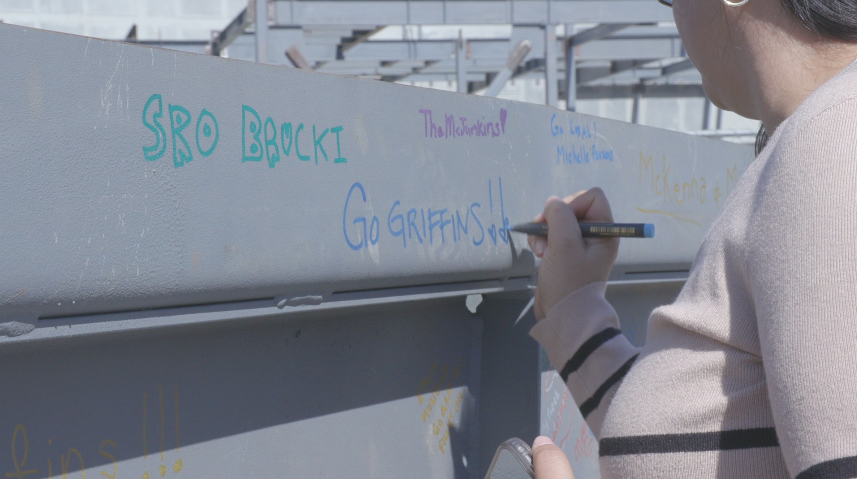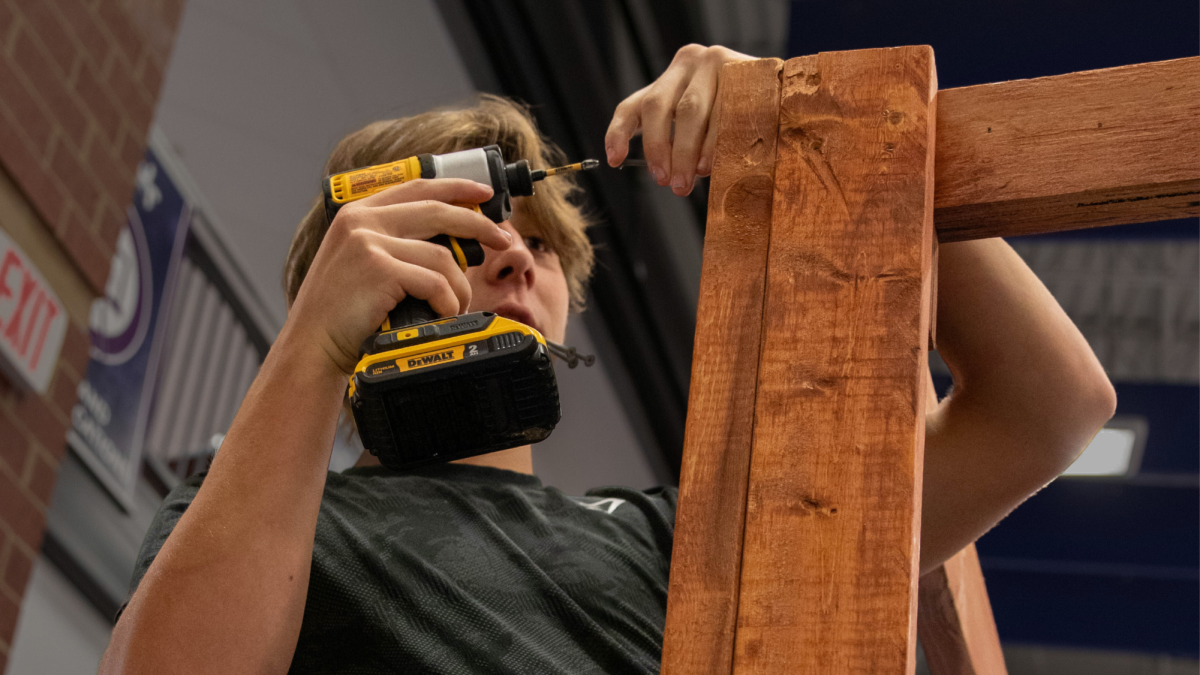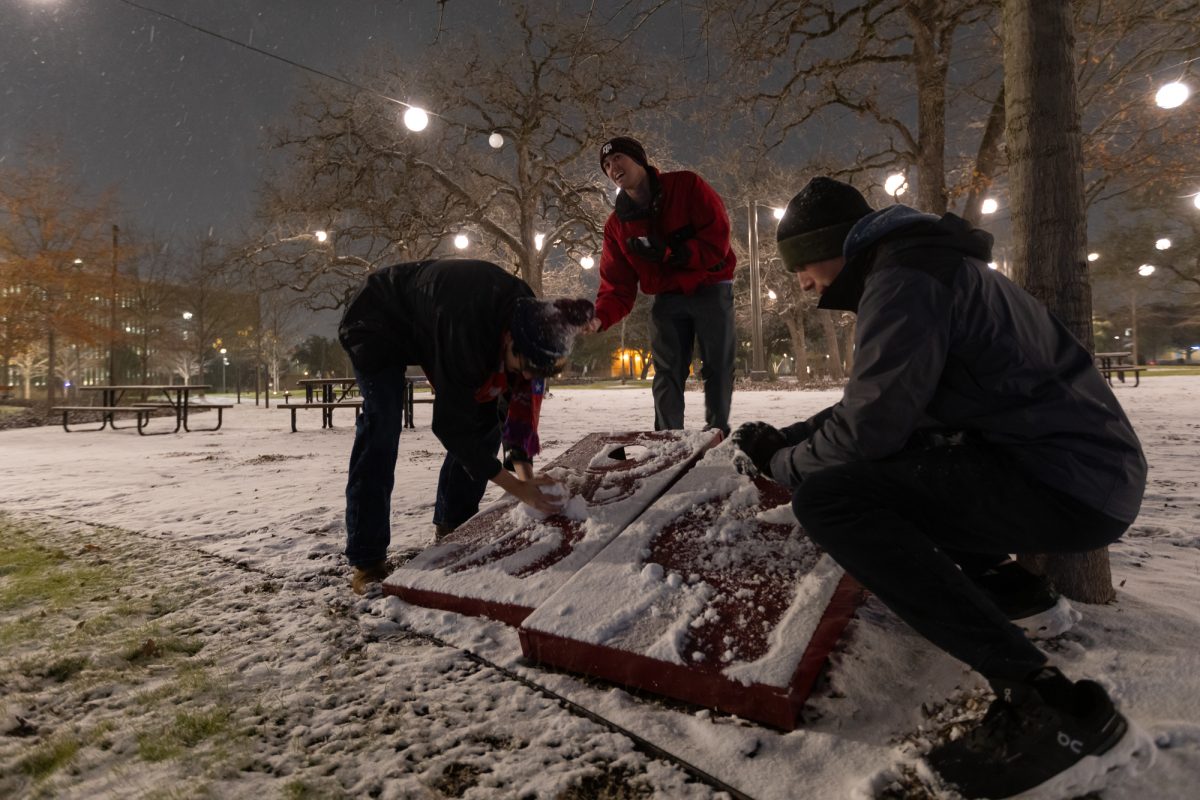On the evening of Sept. 26, Hurricane Helene made landfall on the Florida coast. In a matter of hours, the storm reached the Greenville area – and the Bob Jones University campus – as a tropical storm. The National Weather Service reported nearly 70 mph wind gusts and more than eight inches of rain at its station at Greenville-Spartanburg International Airport. Flooding and high winds caused extensive damage, including widespread road closures and power outages that lasted more than a week in many areas.
As of Oct. 5, 48 deaths had been reported in South Carolina, making the storm one of the worst natural disasters on record in the state.
The Bob Jones University (BJU) campus was also impacted by flooding and damage to buildings. No deaths or injuries were reported in the immediate BJU community, but the storm influenced the lives of students, faculty, staff, administrators and alumni across the Upstate and surrounding states.

The destruction caused by Helene disrupted students’ schedules and daily lives. Normal routines were swapped for cold showers, no electricity and limited access to food and gas.
Many students had family in Helene’s path, leaving both sides struggling—families dealing with the storm’s damage while students were unable to communicate or confirm their safety.
“I almost instantly lost contact with my family,” Abby Snyder, a junior studio art major, said.
With the campus and surrounding community heavily damaged, many students went home until the campus could reopen. However, some students lacked the resources or time to travel home or find shelter with a nearby friend.
“The first day trying to figure out where I was going to stay was a challenge,” said Shye Ruppel, a sophomore biology major. “I didn’t know anyone in the area, but a friend’s family member took me in.”
Despite the uncertainty, students kept high spirits, displayed resilience and showed faith in Christ. Almost immediately, students volunteered to clean up debris, repair damages and distribute food on and off campus.
Students spoke of the unexpected blessings that emerged even with the campus shrouded in darkness.
“This experience has forced me to keep looking at the positive,” Javier Caballero, a sophomore information technology, said. “Even when the circumstances have not been what I expected them to be.”
They shared stories of spontaneous prayer meetings and worship sessions declaring the goodness of God. They expressed how being offline helped them grow closer to friends and connect with fellow believers.
“I am honored that I got to experience worshiping in the midst of a storm,” Rachel Dupte, a sophomore nursing major, said. “It changed my thoughts from ‘why is this happening?’ to how great the Lord is. This experience has been life changing for me.”

The storm also impacted BJU faculty, staff and day students at their homes across the Upstate.
Robert Brown, a day student, shared his experience from the storm. At the time of the hurricane, he was staying at a friend’s house near campus, expecting that high winds would prevent him from traveling safely the next day.
“I slept on the floor in a sleeping bag that Thursday night, and in the morning, I woke up to find myself in the middle of a pond,” he wrote in an emailed response to questions. “The basement where I was sleeping had no insulation in the walls, which allowed water to come gushing through and flood the floors.”
Eventually, he and his friends found that the only effective way to remove the water was by filling dustpans and dumping them outside the house.
Brown was one of the few day students to be on campus last Friday. He related that due to the power being out, he and his friends were forced to go to the local grocery store to be able to charge their cell phones and buy food. By the time he was able to make it to his house on Saturday, he found that the neighborhood had been affected.
“There were tons of trees and tons of downed power lines,” he wrote. “Our neighbors across the street lost seven tall trees, which had all fallen in a domino effect in their backyard.”
By the grace of God, Brown was unhurt and his house was saved from damage, so he and his family were able to assist others in getting supplies and relocating to safety.

During the torrential rains and heavy winds that occurred because of Helene, many areas of campus were damaged, including residential buildings, academic buildings, and offices. Dozens of trees either lost branches or were uprooted by the wind.
The basements of both Johnson and Mack residence halls flooded. In Mack, most of the flooding occurred in the communal study lounge. In Johnson, several piano practice rooms flooded. Other dormitories had minimal water damage. Lecture Hall A was flooded with several inches of water, which destroyed some of the drywall. The hallways around the perimeter of Founders Memorial Amphitorium were turned into puddles and the drain at the bottom of the truck ramp filled with debris.
The most severe flooding occurred at Bob Jones Academy. Six classrooms were flooded badly enough for classes to be delayed an entire week, longer than the university, which returned Wednesday, Oct 2. The executive offices in the Welcome Center experienced the most surprising damage. A roof vent tore off and was thrown across the rest of the roof, punching holes as it went. Dissolving glue ruined large portions of carpet. Plaster in the ceiling also dissolved and rained down on furniture and everything else in the offices.
The campus community rallied together to aid in cleaning up fallen trees and helping others affected by the hurricane. As early as 9 a.m. the Saturday after the storm hit, students gathered all around campus to clean up branches. The university’s stage crew helped clean up the executive offices and helped the ground crew with clearing up debris.

The BJU executive team initially anticipated that the peak of the storm would pass between 6 a.m. and 8 a.m. on Friday, Sept. 27. However, it quickly became apparent that the storm was worse than expected.
“And then the power went out,” said Dr. David Fisher, BJU’s chief administrative officer. “The power going off was a game changer.”
Members of the administration met Sept. 27 to discuss next steps. They discerned that Monday, Sept. 30, was the earliest campus would receive power and gave students the option of going home for the weekend.
Their next concern was for the students that remained on campus.
“How were we going to provide for them?” Fisher said.
The university ordered a generator Sept. 27, expecting Duke Energy wouldn’t be able to even assess the campus’ power situation until the following Monday. Driven overnight, the generator arrived Saturday, but a transformer was needed for it to work. The transformer was delayed by traffic and road closures. When it arrived, staff discovered it was not compatible with the generator and had to send for a new one. It appeared the campus would still remain without power. However, God had other plans.
“After the praise service on Sunday morning, they held a time of prayer,” Fisher said. “As they were praying, the power came on. Not temporarily, not just the dorms or dining common – the whole campus.”
That afternoon, the administration met again to discuss if they would reopen Wednesday, Oct. 2, or cancel the entire week.
“We surveyed our students, student leaders, and employees,” Fisher said. “What we found out was that students want to be back if they have food and power.”
Though there was now power on campus, there was limited food supplies. Since the power went out, Aramark, the university’s food services partner, had to dispose of refrigerated and frozen foods. Aramark scrambled to find vendors in the southeast to ensure they could support the entire student body.
“We didn’t get that communication until Monday at 1 o’clock, that they could. When we got that, a little after 3 o’clock we got the communication out to the students,” Fisher said.
“Aramark was amazing,” Fisher said. “They opened up the Kalmbach Room to our students. They offered almost 600 bagged lunches and bottled waters to students, our faculty and staff, and the community. The regional vice presidents of Aramark were here handing out bags. They really went out of their way.”
Fisher was also grateful and impressed by the BJU faculty and student body. Friday afternoon, Saturday morning, and throughout the rest of the weekend, students voluntarily cleaned up the campus. Facilities crews worked around the clock. The faculty made huge sacrifices to ensure classes could resume on Wednesday.
“The number of employees that stayed to get this campus ready when at home they had great need, that is something of compassionate help,” Fisher said.
Some homes of faculty members were completely destroyed by the storm, yet they still returned to teach classes on Wednesday.
BJU President Josh Crockett and his family’s home did not sustain any damage, but they were still without power a week after the storm, one of many homes in the area yet to be restored
“There are trees everywhere with downed power lines,” Dr. Crockett said. “We have to drive over them just to get to campus. It’s probably going to be a while before we get power.”
Waiting for their power to be restored, the family temporarily relocated to campus, making full use of the available resources.
“We brought air mattresses so we could camp on back campus,” he said. “We are loving the hot showers and the air conditioning and power to power our devices which has been really great.”
Despite these personal challenges, Dr. Crockett emphasized how the BJU family has been his top priority when determining how to keep everyone on and off campus as safe as possible. Dr. Crockett asked for continued wisdom as they navigate the aftermath of Helene.
One of his main initiatives was organizing a campus clean up. He called for student volunteers and was blown away by the overwhelming response and willingness to help.
“I appreciate all the students pitching in to help,” he said. “They have had such amazing attitudes and joyful resilience during this time.”
In Wednesday chapel, Dr. Crockett encouraged students to share video of worship. “We can praise the Lord in the storm,” Dr. Crockett said. “We can reach out with the power of the gospel.”
In the wake of Hurricane Helene, the Bob Jones University community rallied together. As students, faculty, staff and alumni joined in prayer and support, the storm’s impact sparked unity and compassion.
This retrospective article was created by Collegian staff members Abigail Vogel, Amylia Boyd, Bethany Brooks, Caleb Fabrizio and Jonathan Lovegrove.
This story was originally published on The Collegian on October 6, 2024.

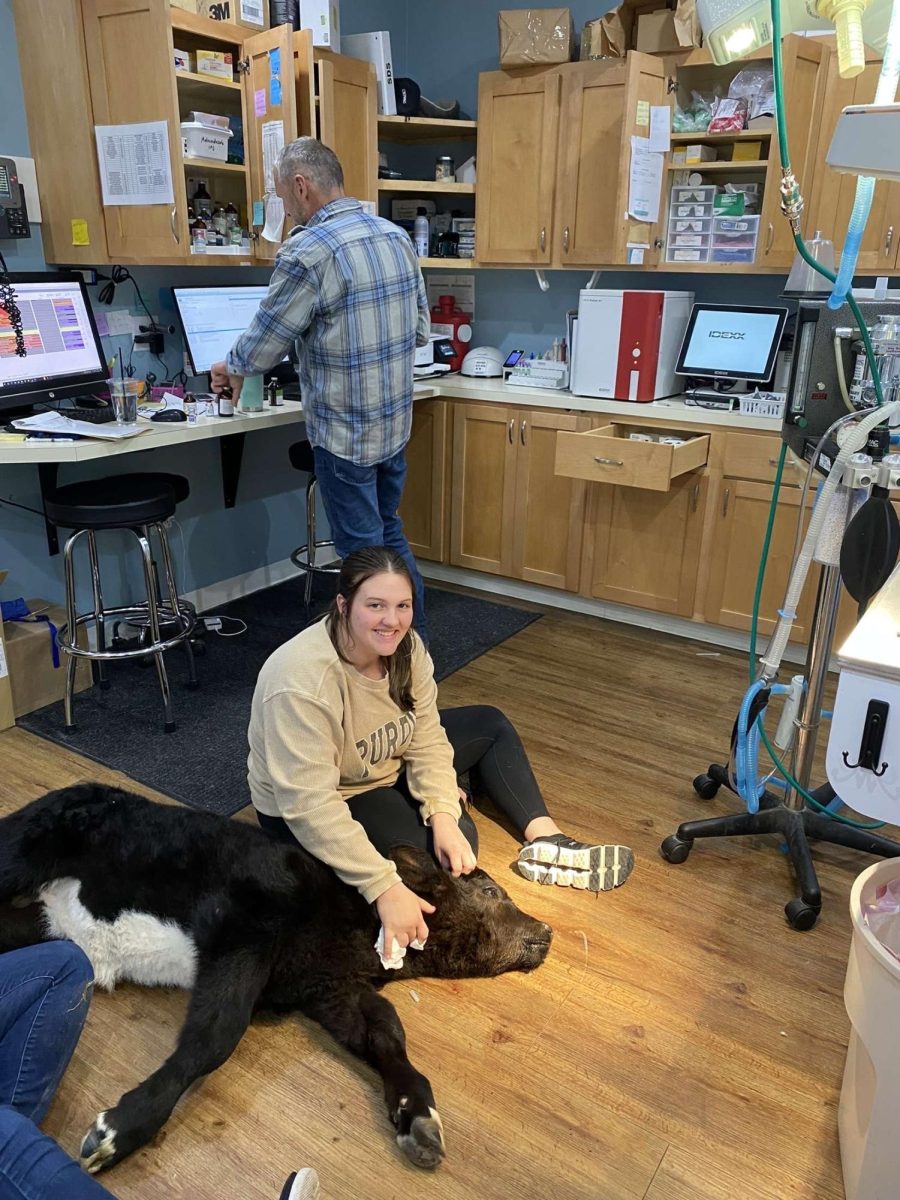
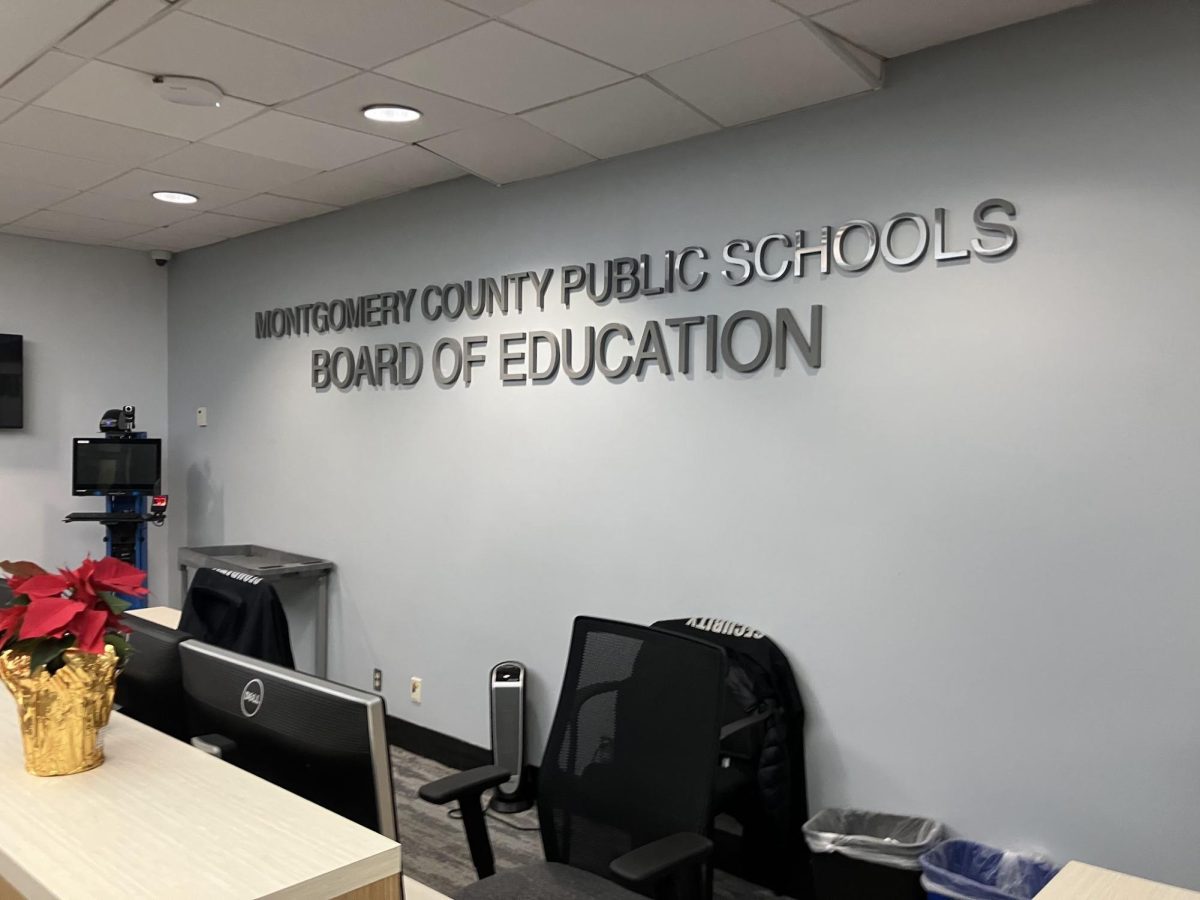

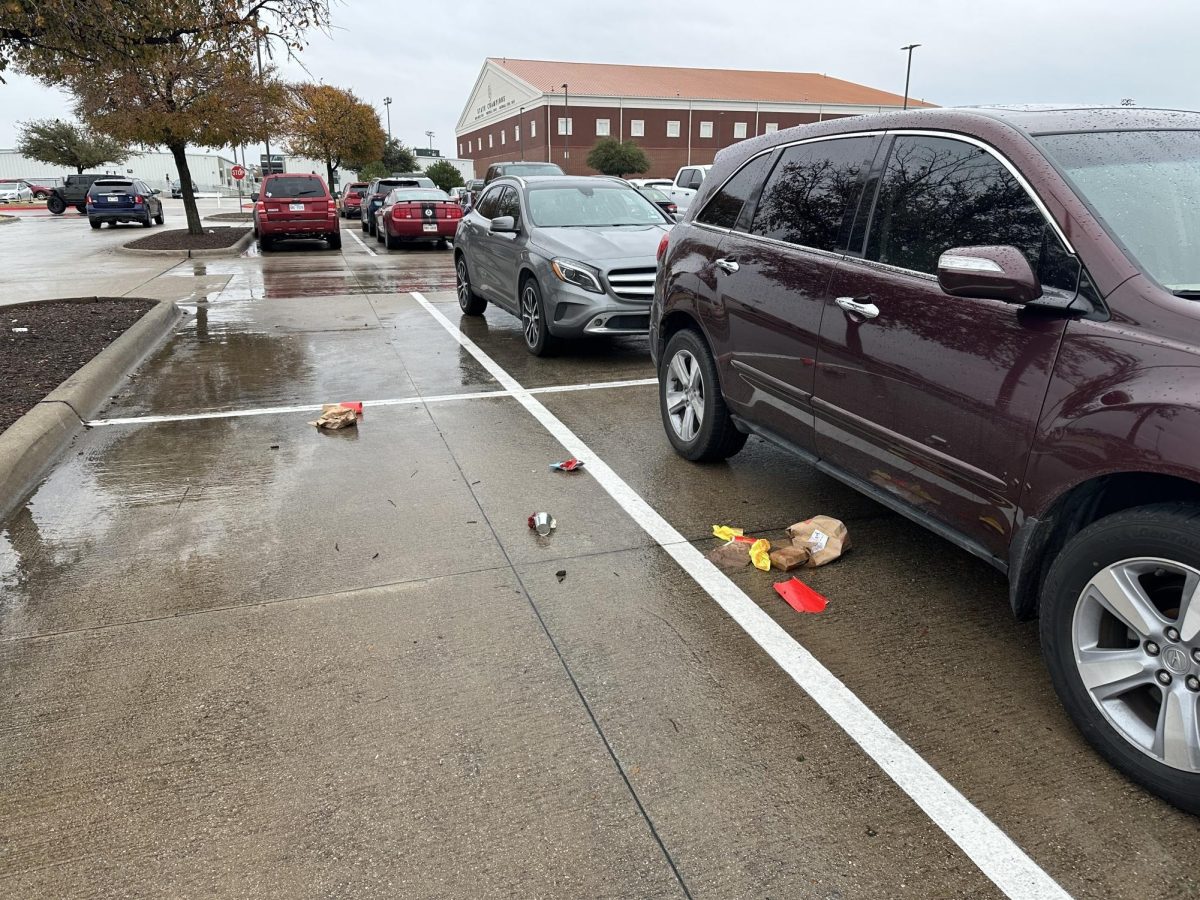
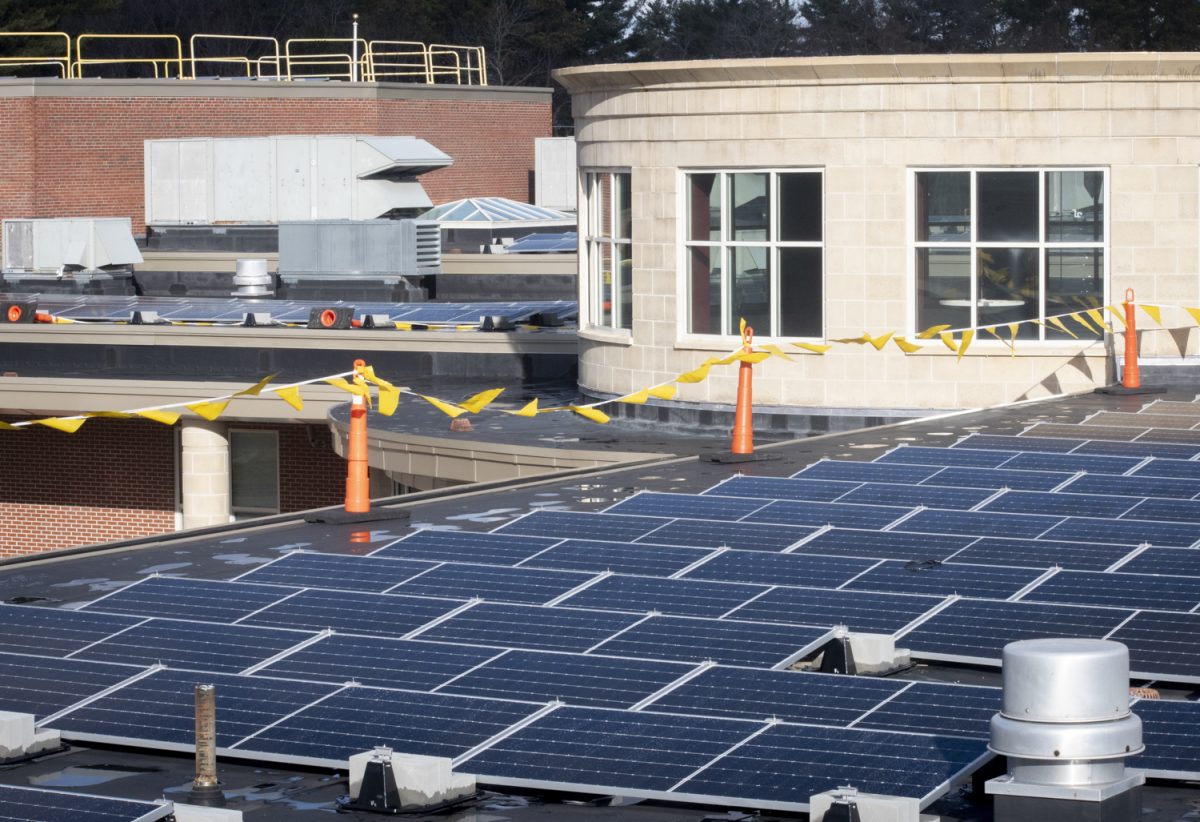
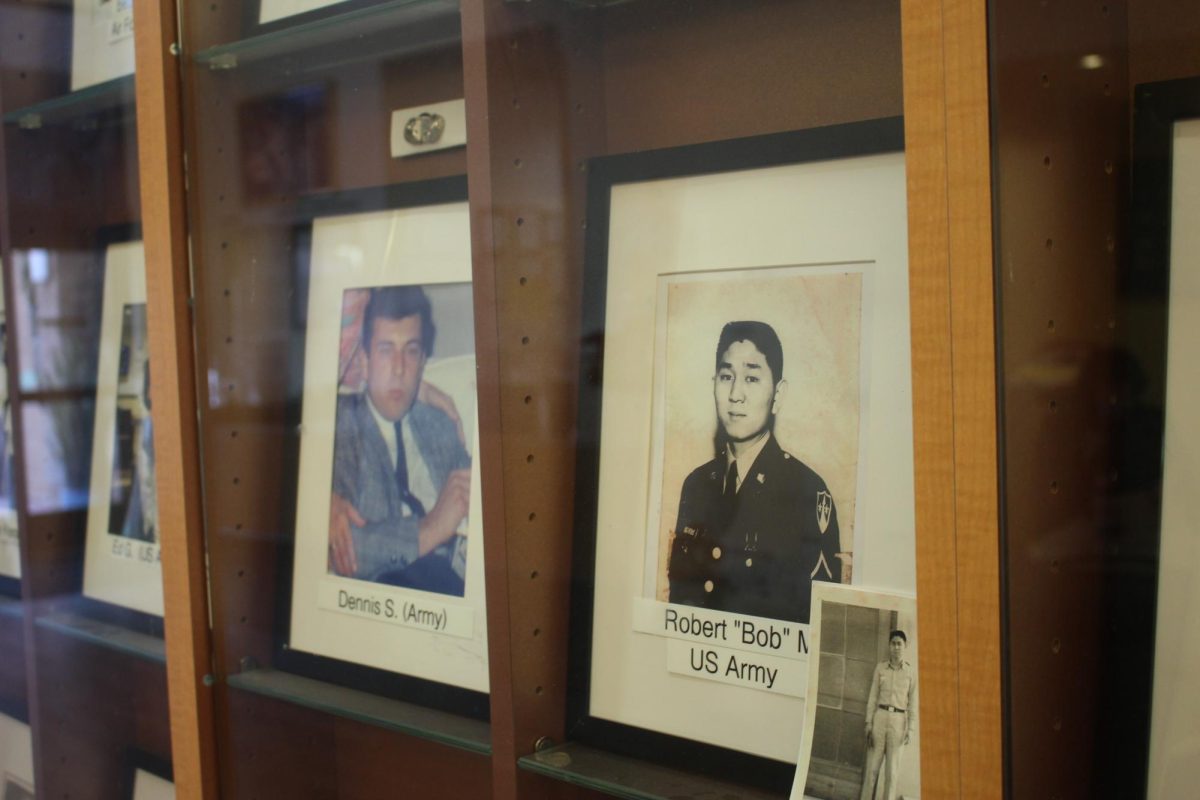
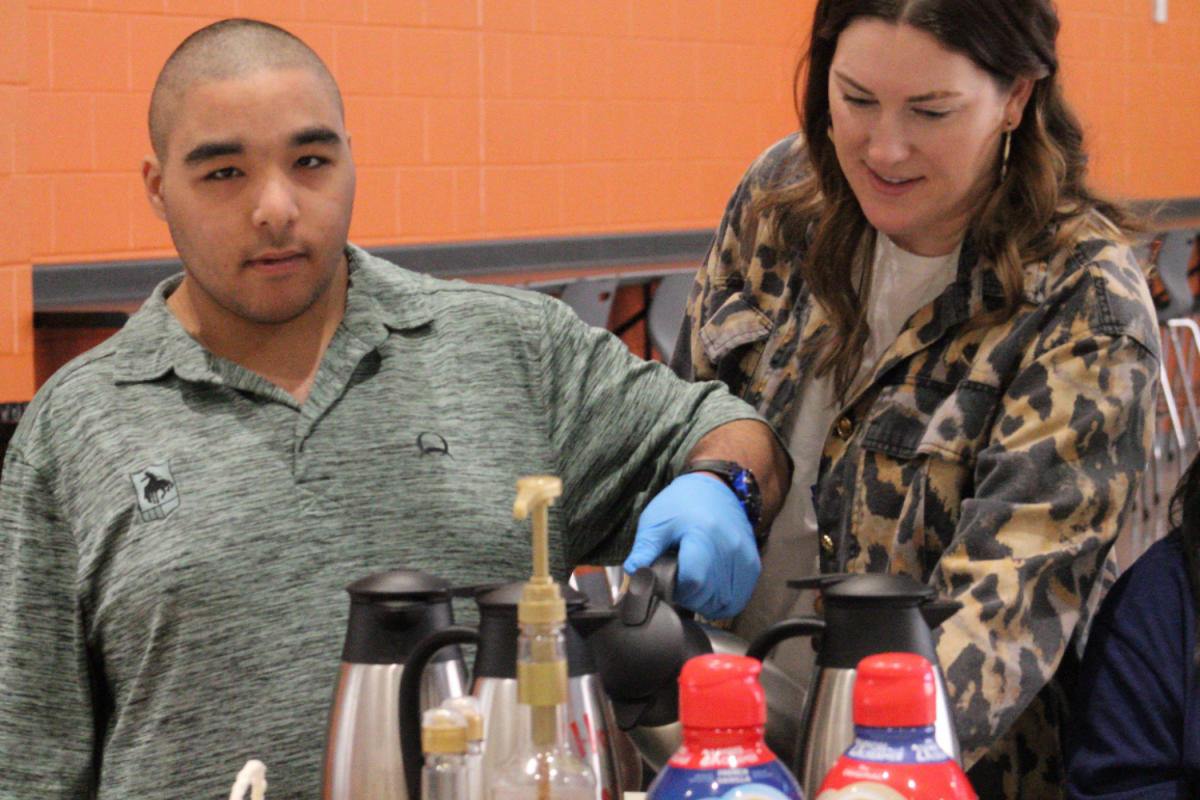
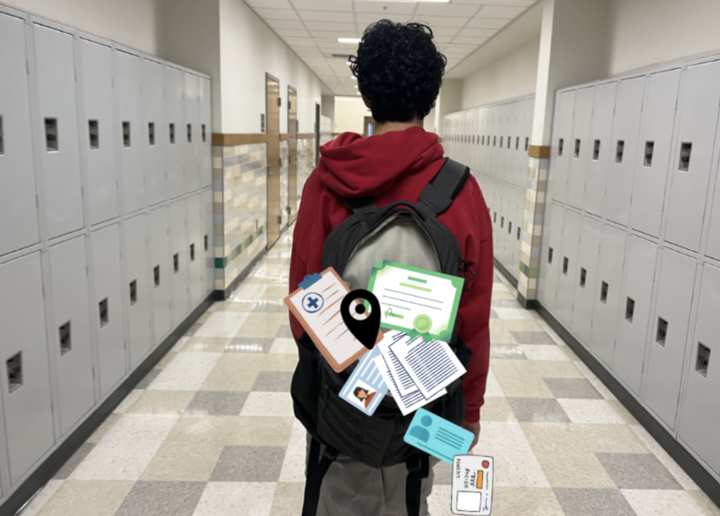
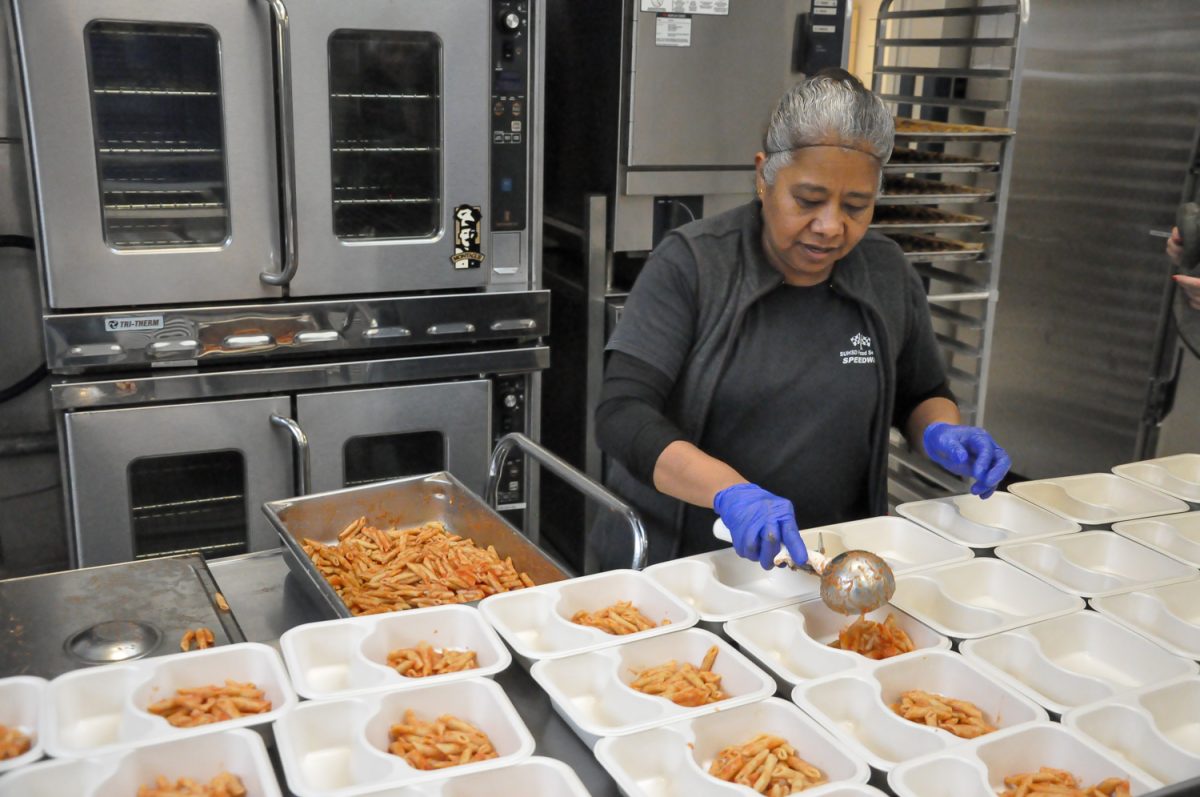


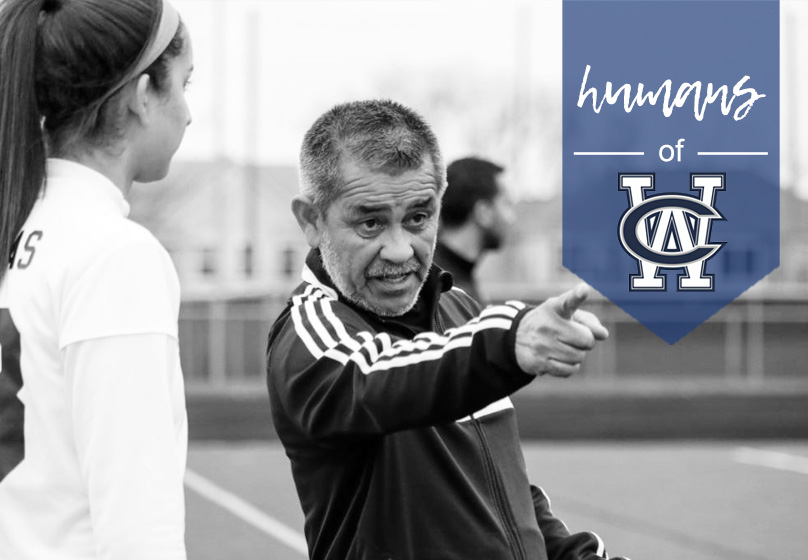

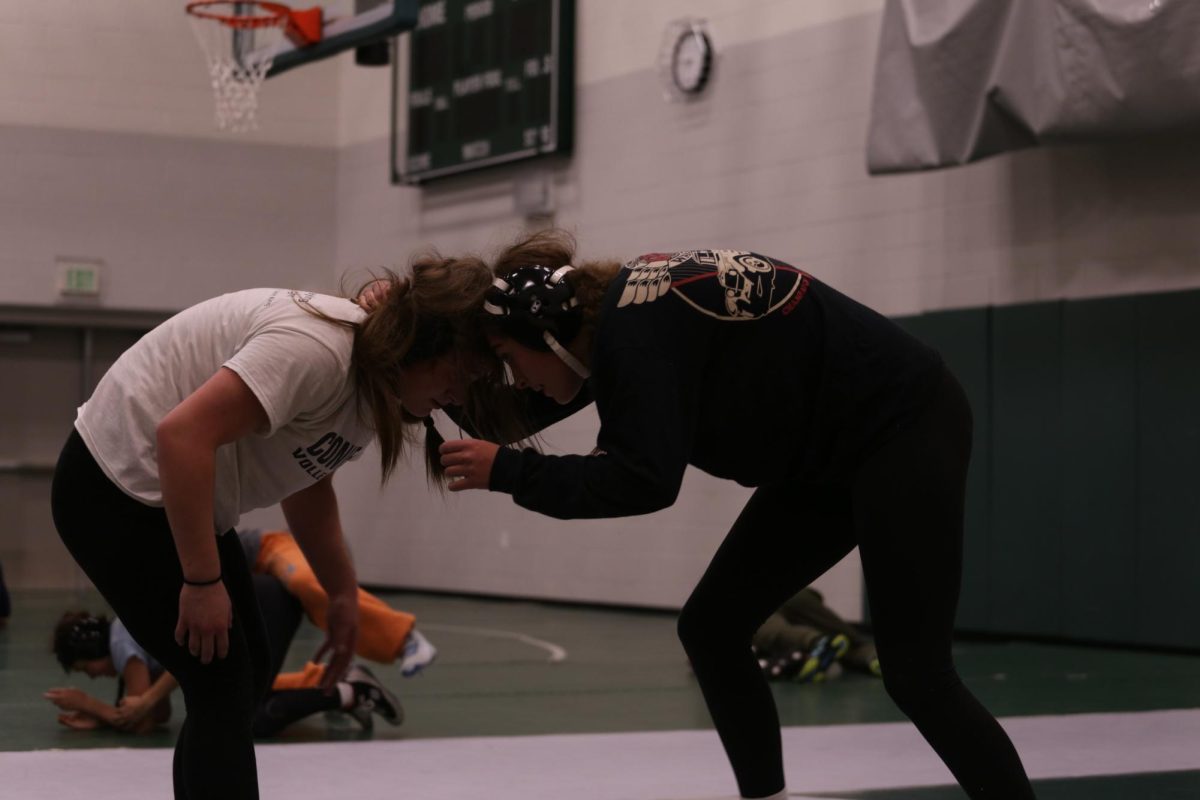

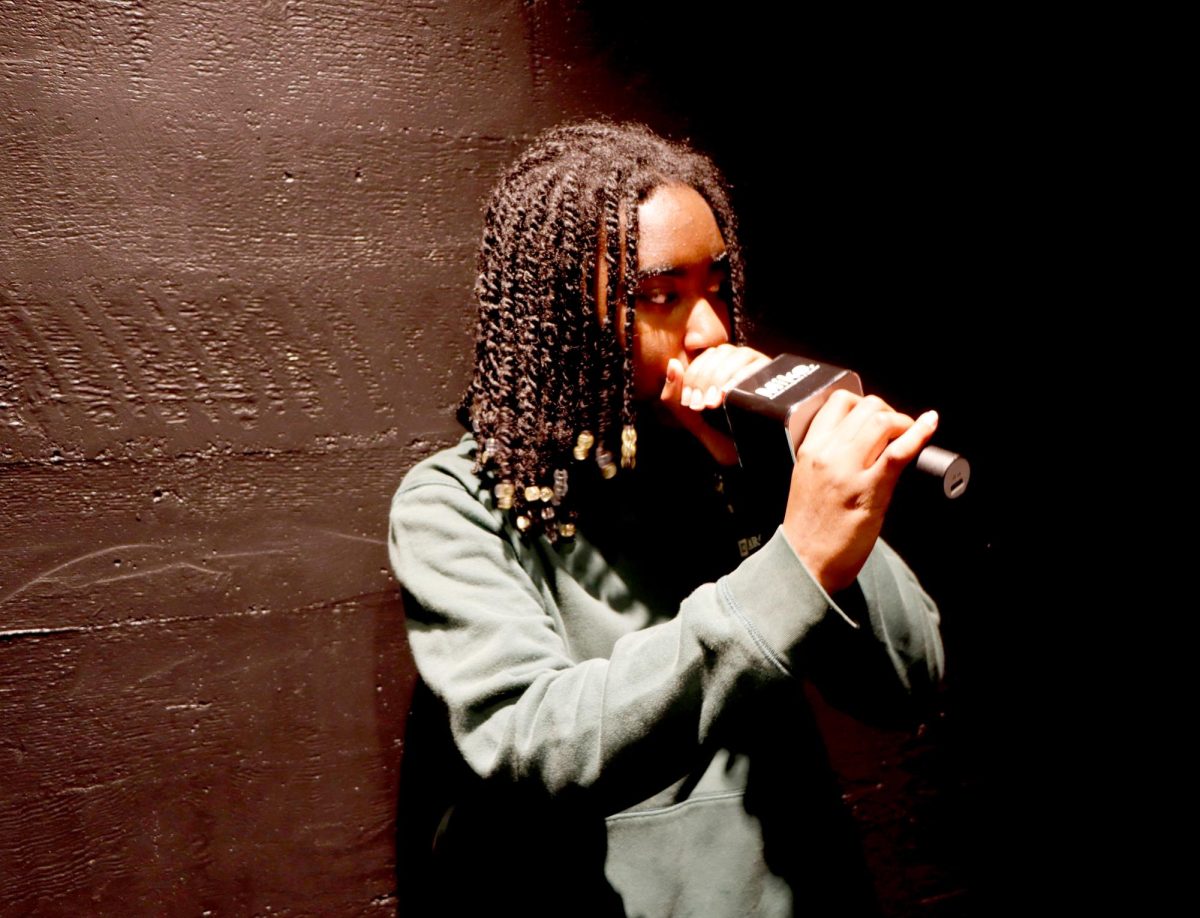


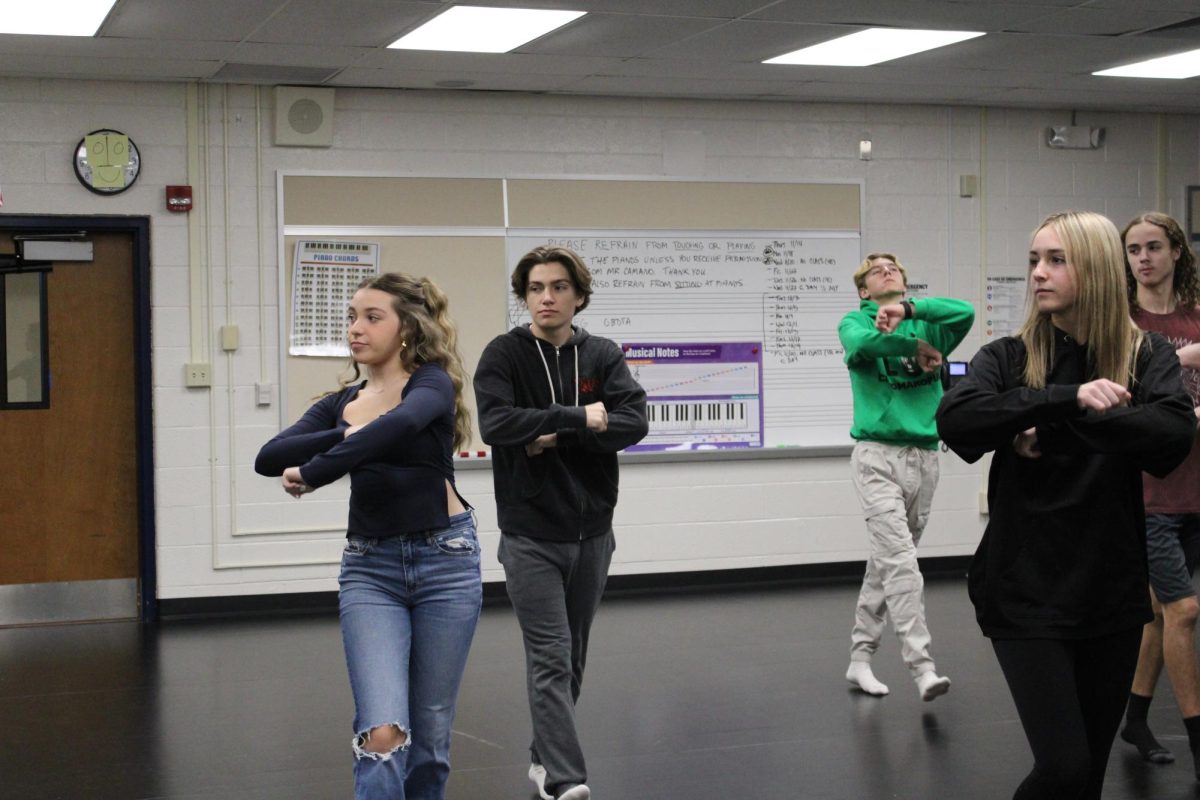

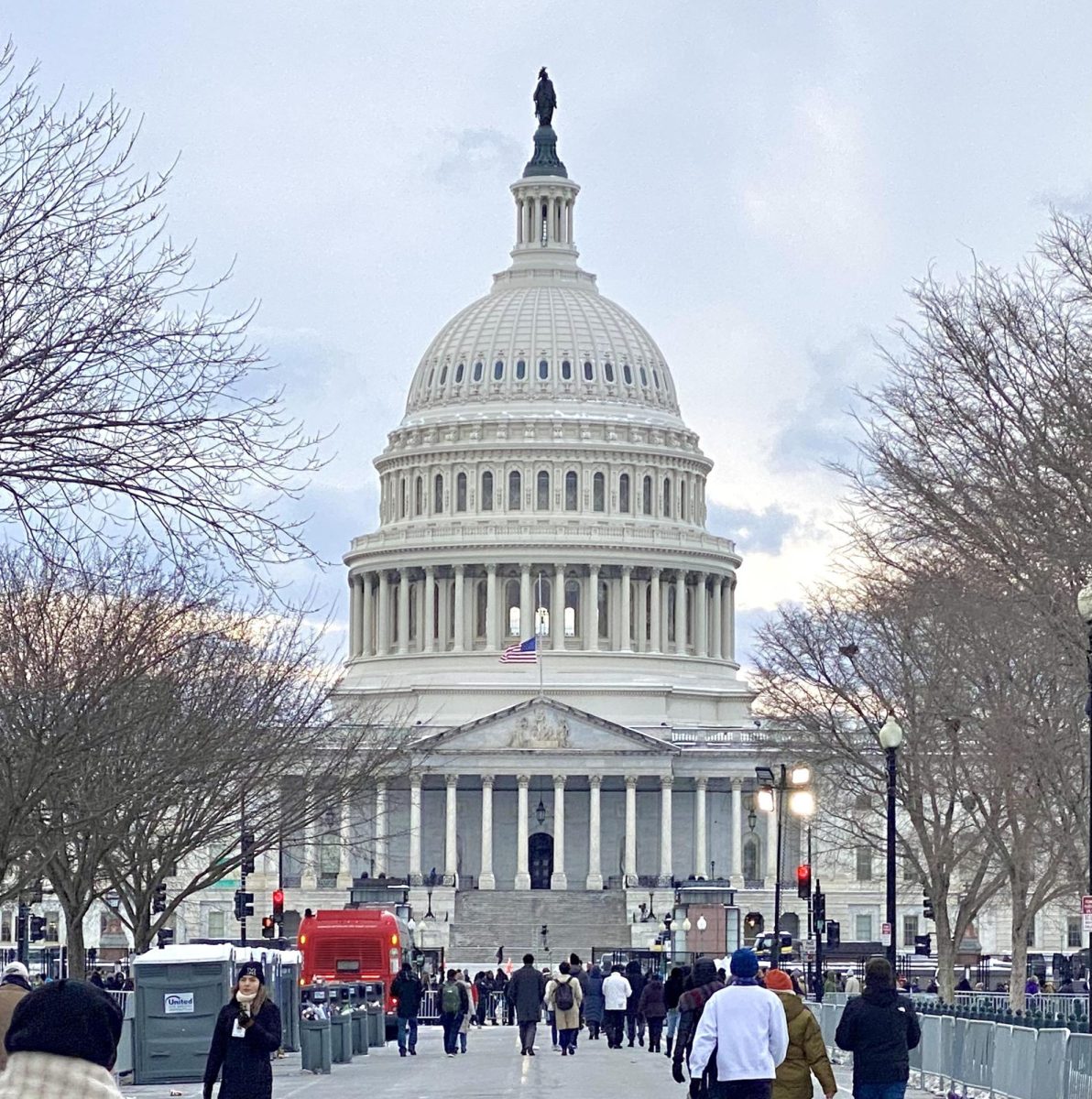

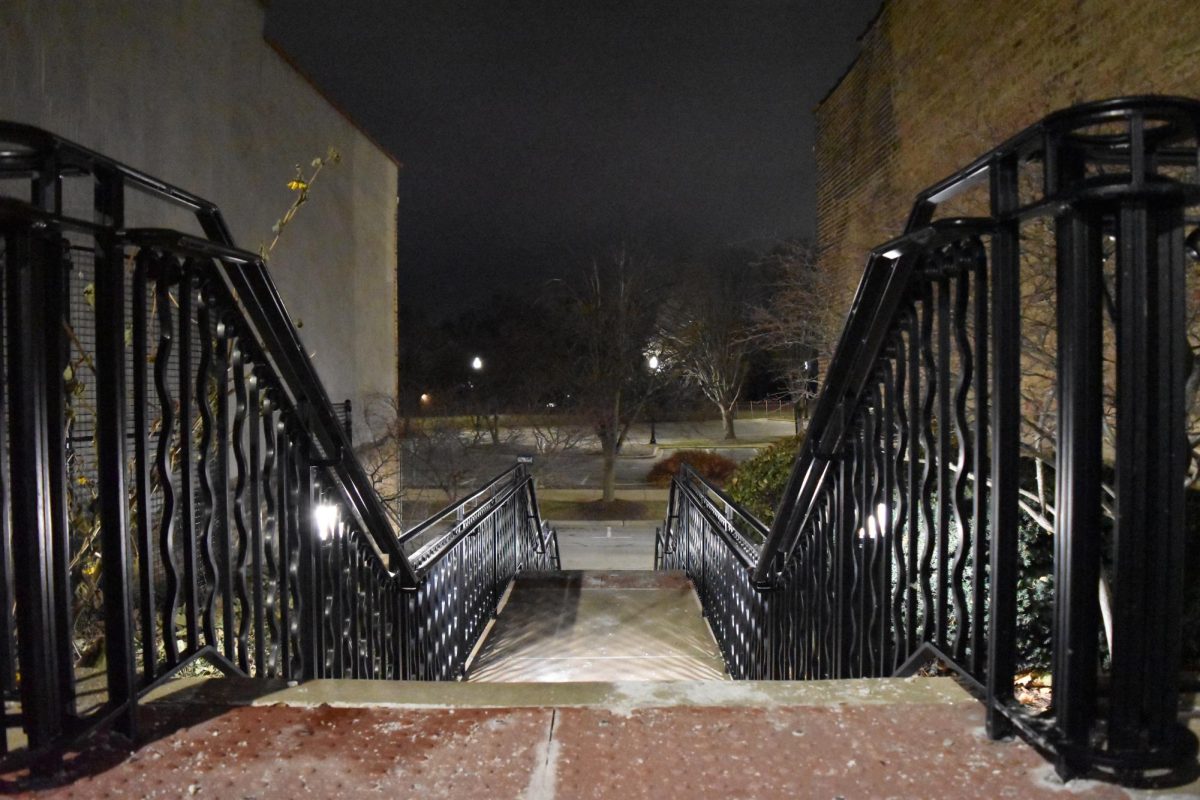

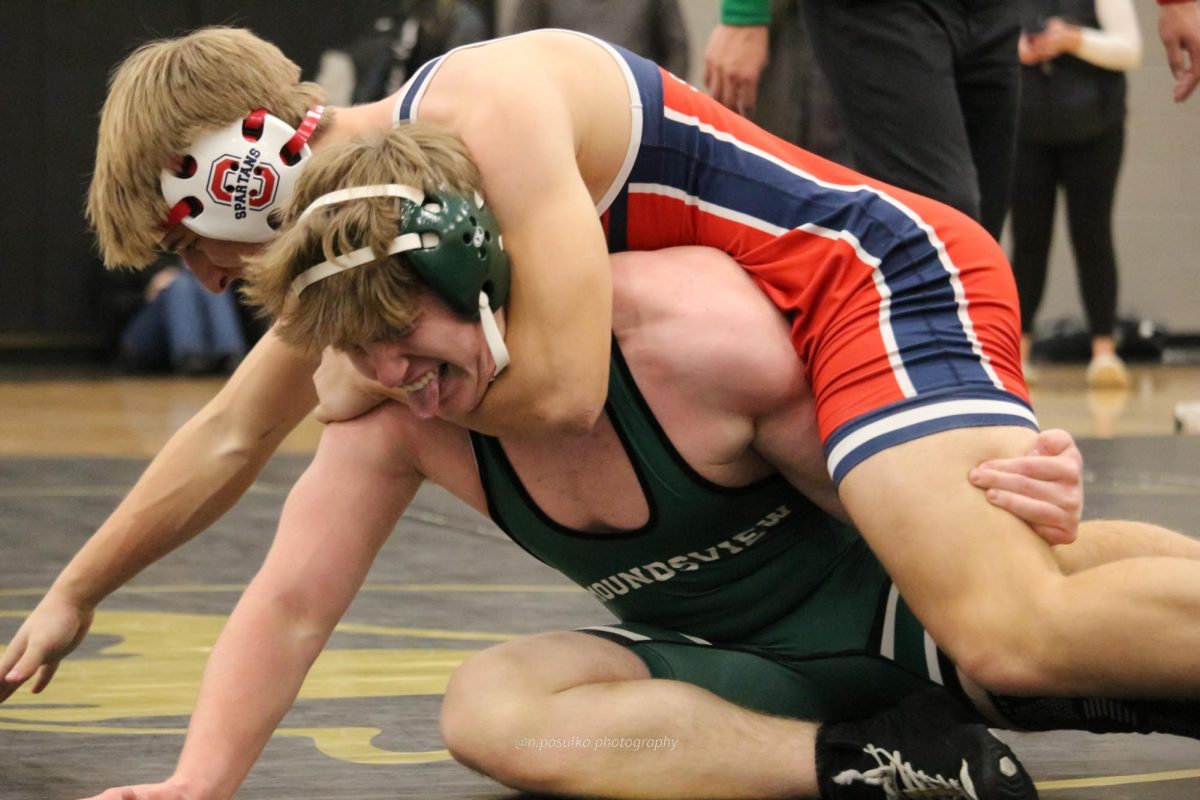




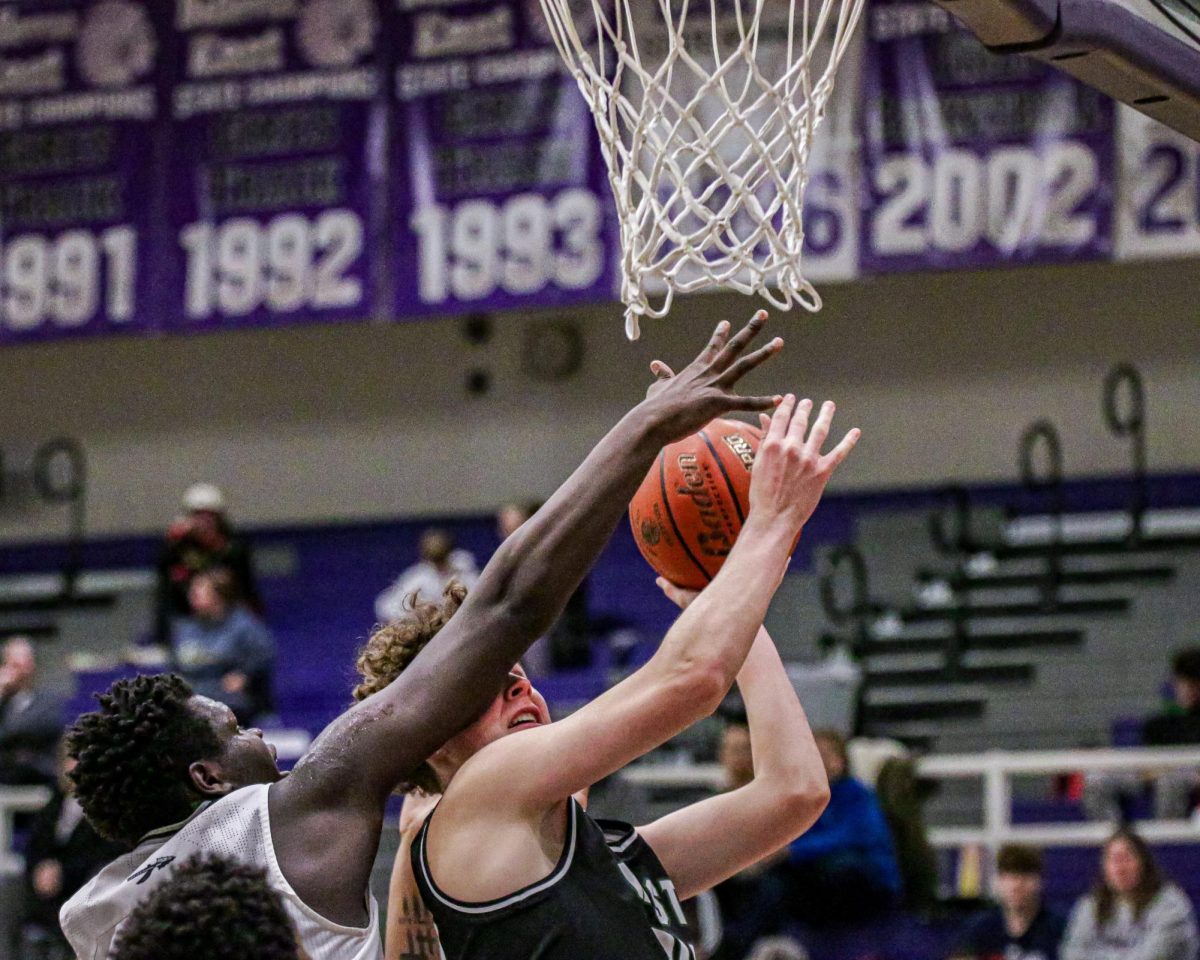
![NEW CHALLENGE, NEW TEAM MEMBERS: Every season, VEX creates a new game that robotics team members are faced with and have to build a robot to compete in. This year’s game forces students to create a robot that is able to stack rings onto mobile goals in order to score points. The change in games each season is something that robotics teacher Audrea Moyers appreciates.
“One of the things that I like about VEX is that they have a new problem to solve every year,” she said. ¨Even though the equipment’s the same, they have to analyze the game, and they have to come up with solutions that are unique that year. They are using their knowledge from prior years, but they have to kind of redesign a problem.”
As returning teams were faced a new game, some new teams and members had to adapt to a uncommon playing field and game.
“Three of our four teams were competing for the first time this year, and they had very different experiences match to match, so I think they learned a lot,¨ she said. ¨It’s hard just watching a video online to know how it’s actually going to be in person, so they all learned a lot about what gameplay is like, how to work with an alliance partner [and] how to adapt during the day to changes.”](https://bestofsno.com/wp-content/uploads/2024/12/IMG_9283-1-1200x800.jpg)

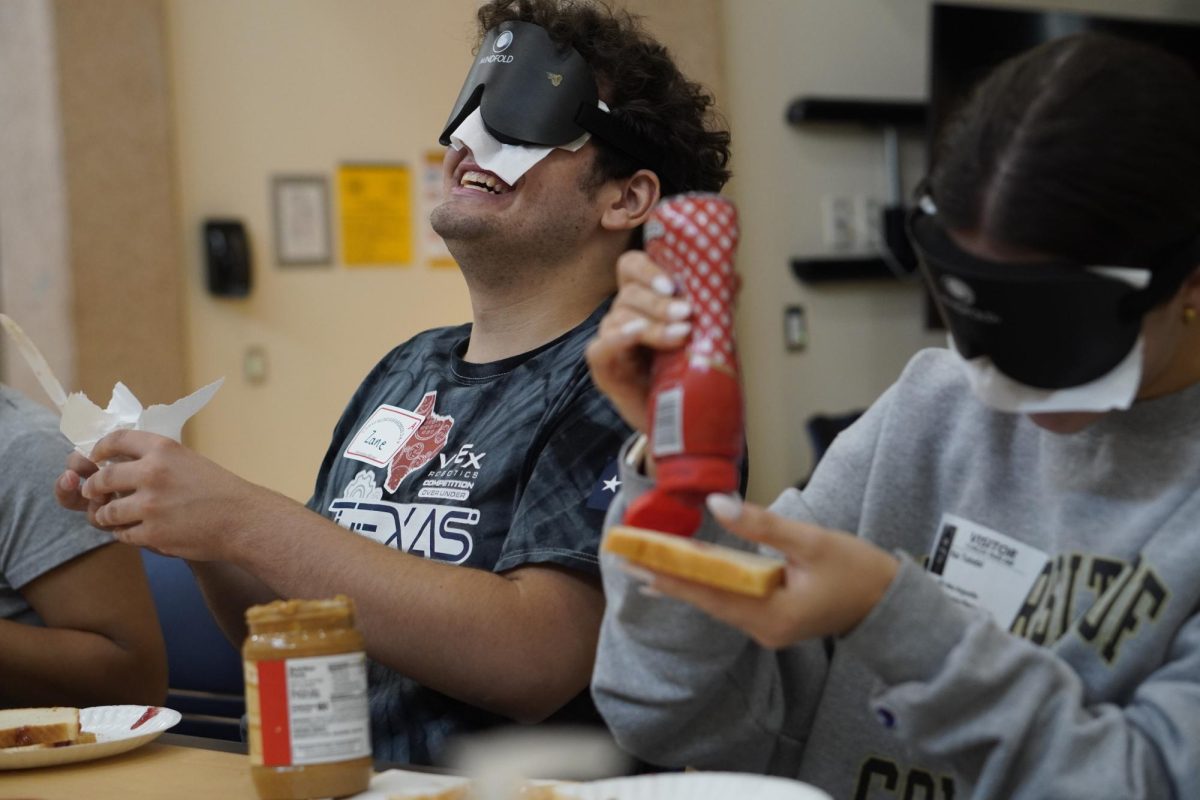
![French teacher Marieme Toure serves a plate of the Senegalese food she prepared for her AP French Language and Culture class, to senior Faiza Syed. “I never had Senegalese food before,” Syed said. “I thought it was so cool that she was able to bring a part of her culture [and] background to us.”](https://bestofsno.com/wp-content/uploads/2025/01/IMG_0798-1200x906.jpeg)
